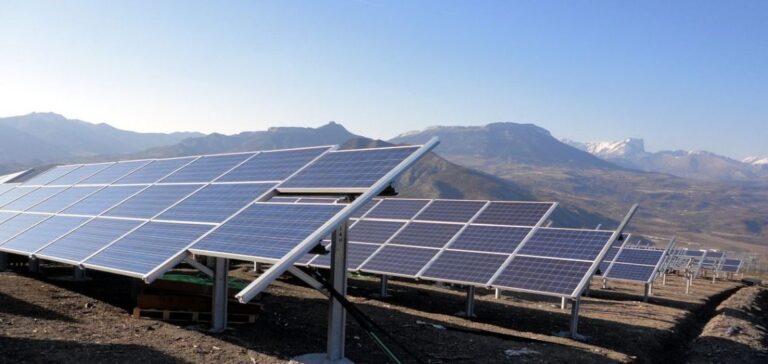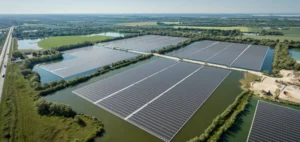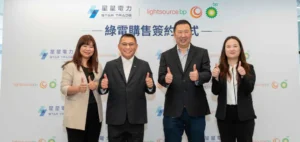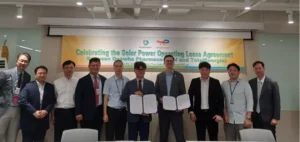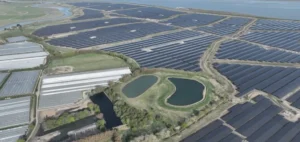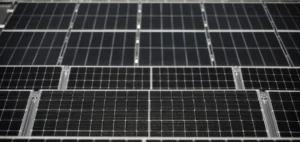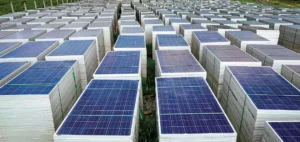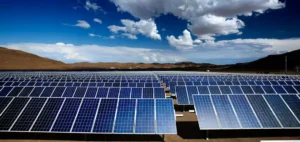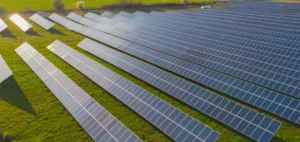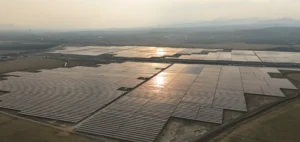Wien Energie has commissioned an innovative photovoltaic power plant in the municipality of Ratten, located at an altitude of 1,200 meters in the Weiz district of Austria. The plant, built by Strabag, is distinguished by its extreme inclination of up to 85%, and a generating capacity of 15 megawatts (MW). The installation of this power plant on a steeply sloping site represented a major technical challenge, which was overcome thanks to rigorous planning and advanced technical expertise. The 26,433 photovoltaic modules installed supply electricity to around 5,000 households. The project is part of Wien Energie‘s strategy to increase renewable energy production in Austria, in line with regional energy sustainability objectives.
Investments and Regional Outlook
Ursula Lackner, Regional Councillor for the Environment and Energy, emphasized the importance of this project for achieving the region’s renewable energy production targets. Since 2022, a further 407 hectares have been earmarked for photovoltaic projects, in addition to the 778 hectares already identified by the regional program. Thomas Heim, mayor of Ratten, expressed his satisfaction at the completion of this project, which strengthens the energy autonomy of the municipality and neighboring regions. Michael Strebl and Karl Gruber, Managing Directors of Wien Energie, emphasized the successful collaboration with the Ratten municipality, and the positive impact of this project on local renewable energy production.
Technological Development and Expansion Strategy
The project was entirely designed and implemented by Strabag, who took charge of site preparation, installation and commissioning of the modules. Matthias Loimayr, a member of Strabag’s Board of Directors, said the project was a significant example of the company’s commitment to contributing to Austria’s energy transition through ambitious solar projects. In parallel with this project, Wien Energie has launched several other initiatives in Styria, including 8 MW installations at Altenmarkt bei St. Gallen. Gallen, 2 MW in Riegersdorf, and 15 MW in Gosdorf. These projects, representing a total investment of 130 million euros between 2020 and 2030, aim to increase the region’s solar energy production capacity, while supporting local economic development.
Economic and strategic impact
The expansion of Wien Energie’s solar production capacity in Styria contributes to the region’s energy resilience and the reduction of CO2 emissions, with an annual saving of 57,000 tonnes of CO2 for the municipality of Ratten. These projects also support the local economy by creating jobs and increasing regional added value. The Ratten solar power plant, with its 15 MW capacity and unique location, represents a significant technological breakthrough in Austria’s renewable energy sector. Wien Energie continues to play a key role in increasing green energy production capacity in Styria, contributing to the country’s energy transition.

